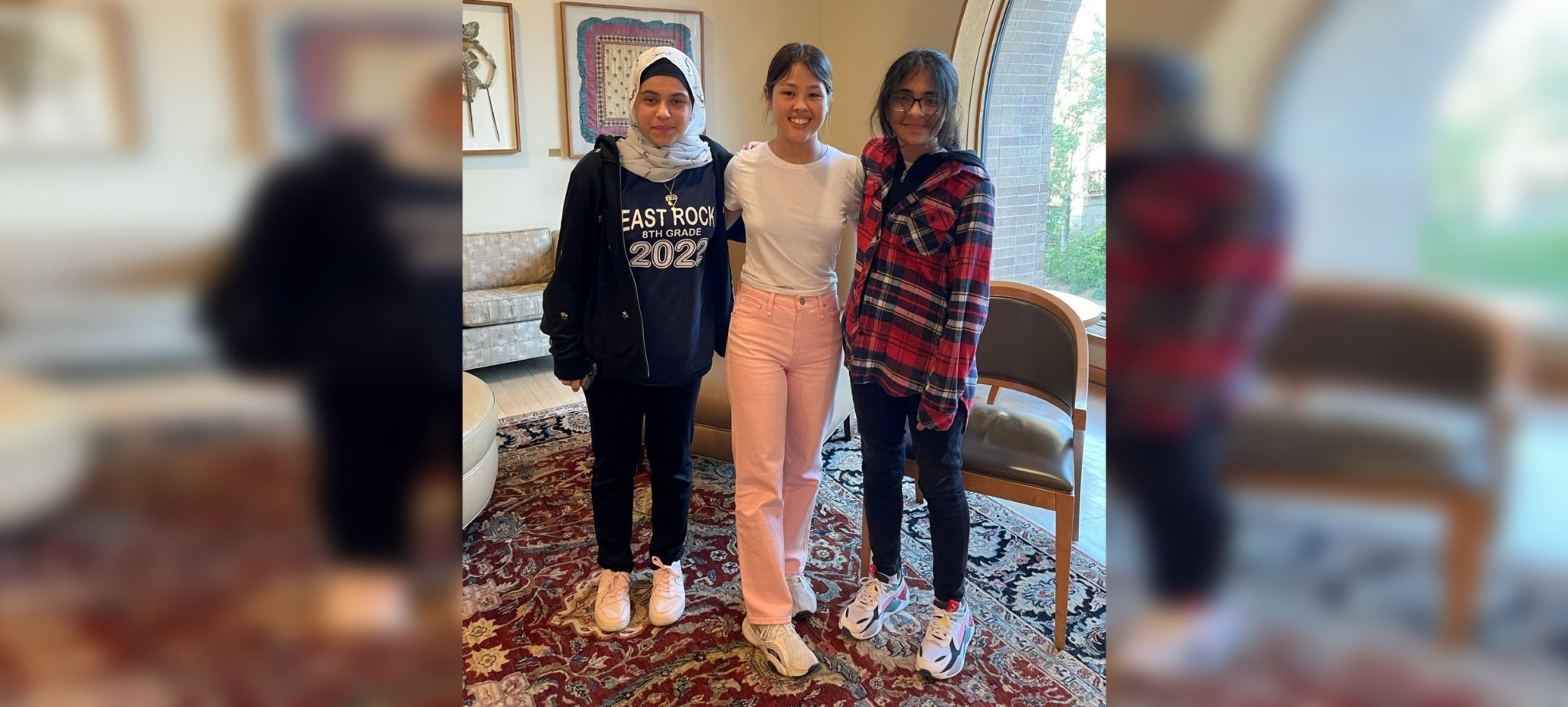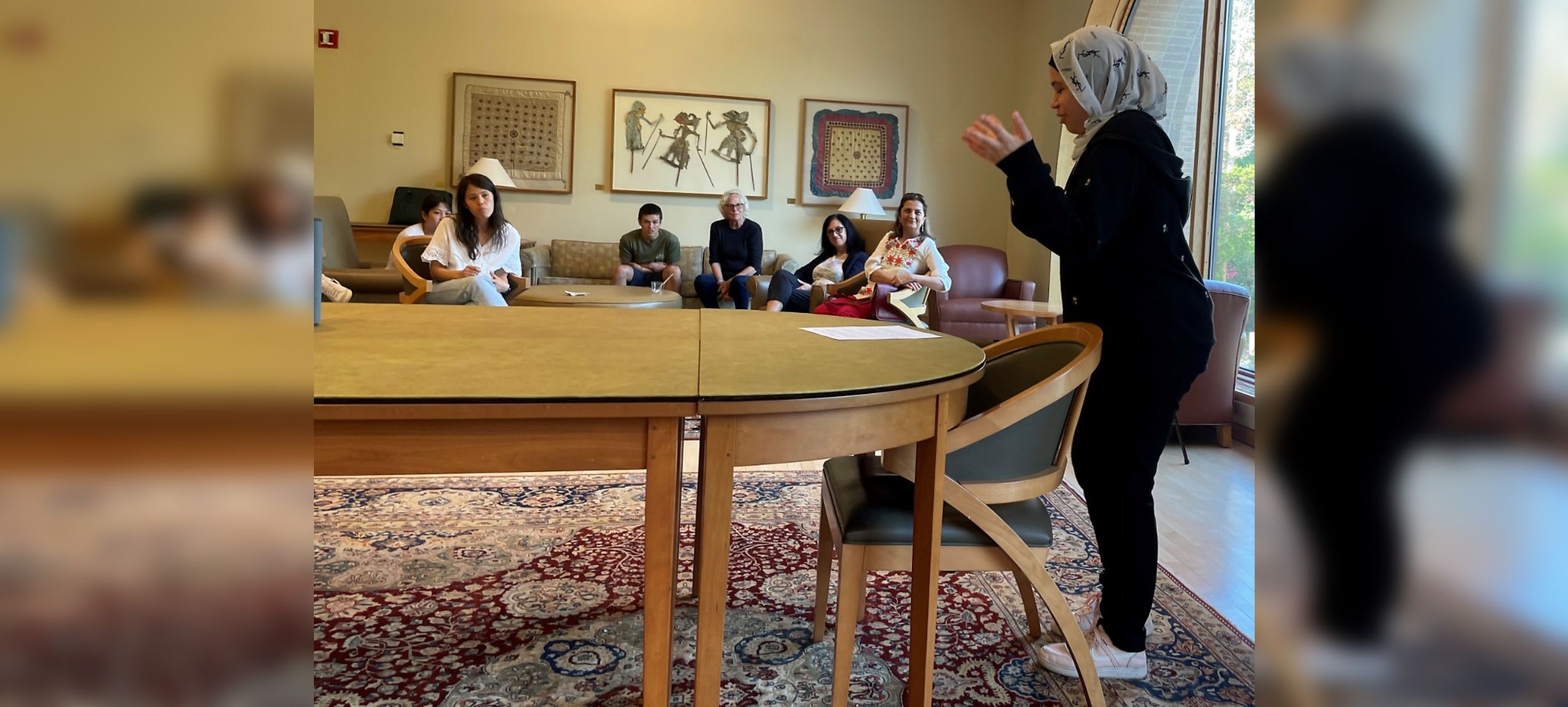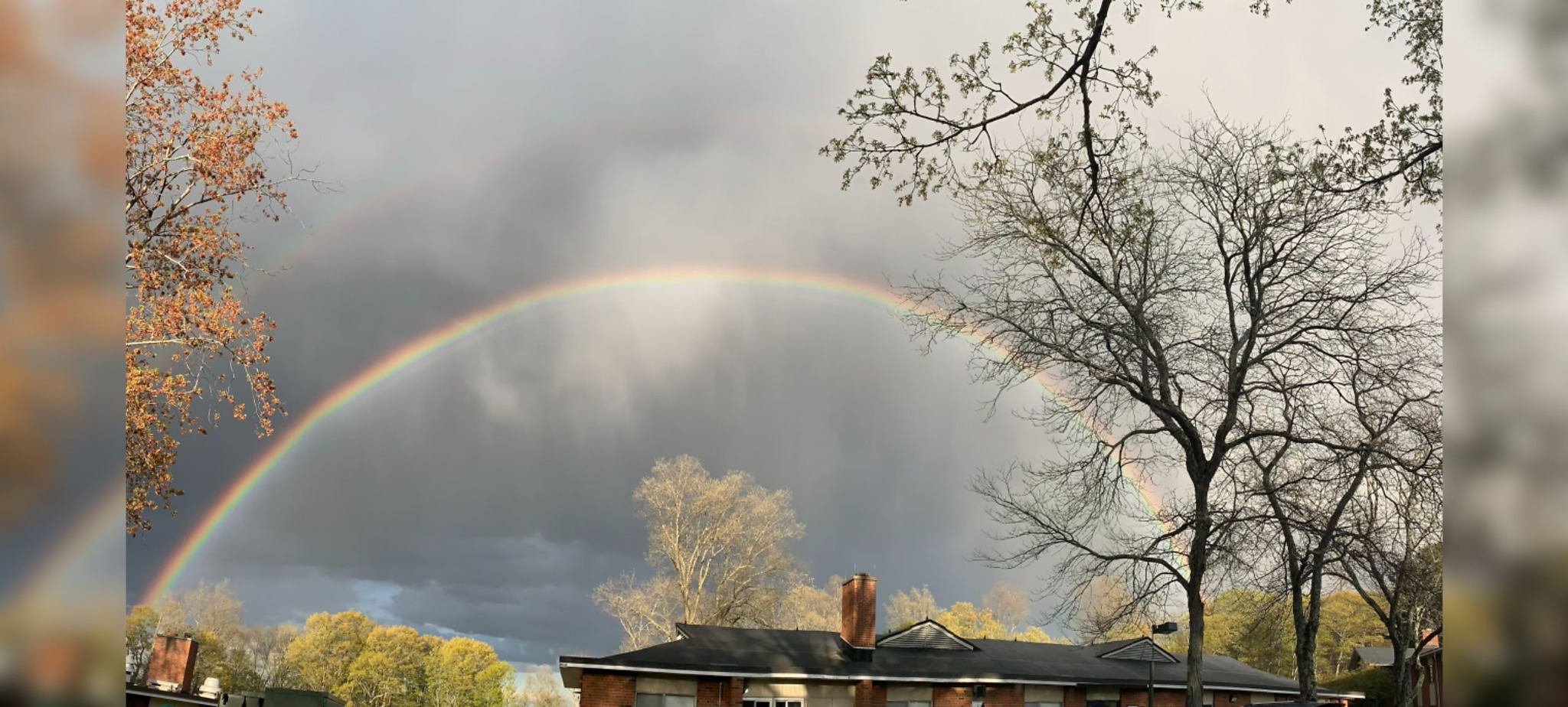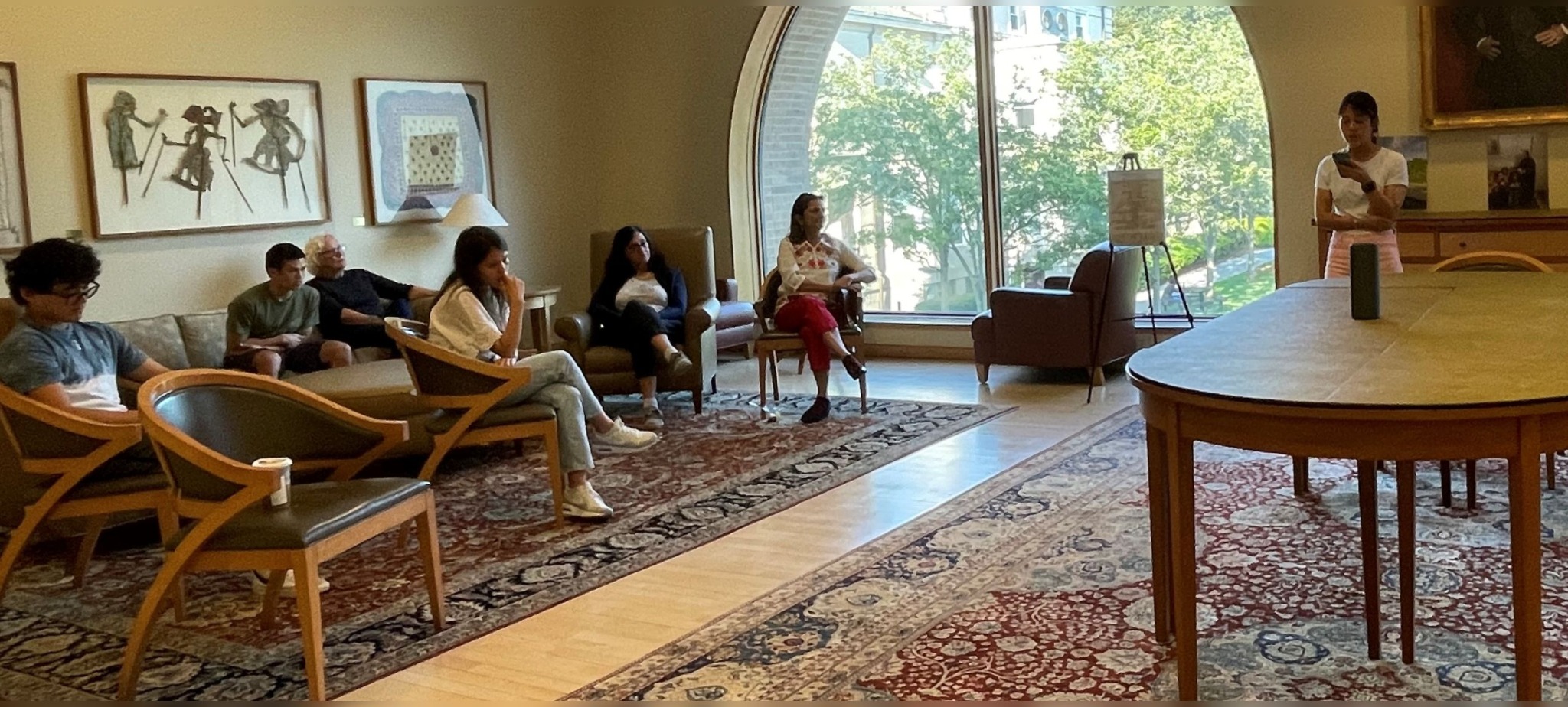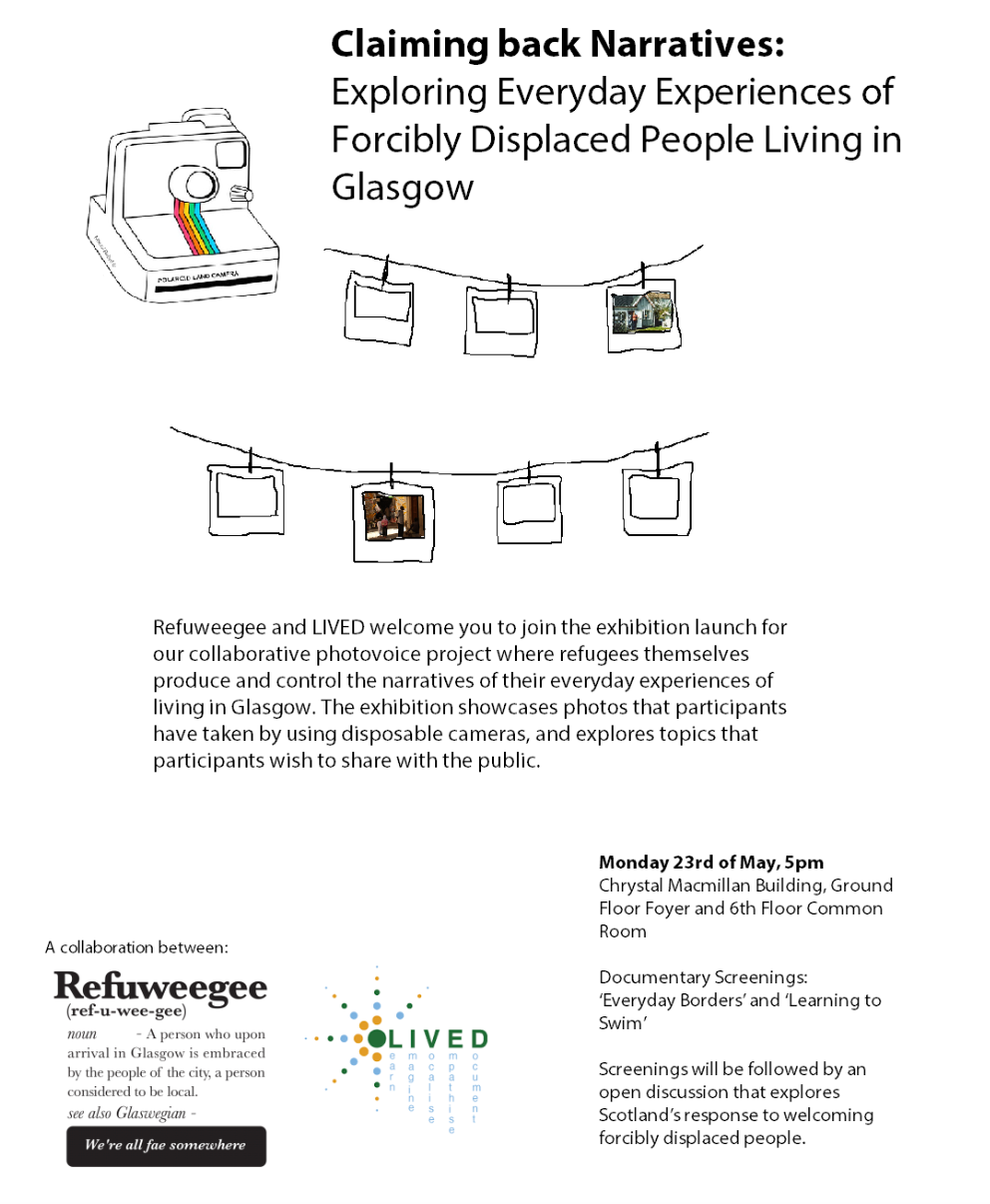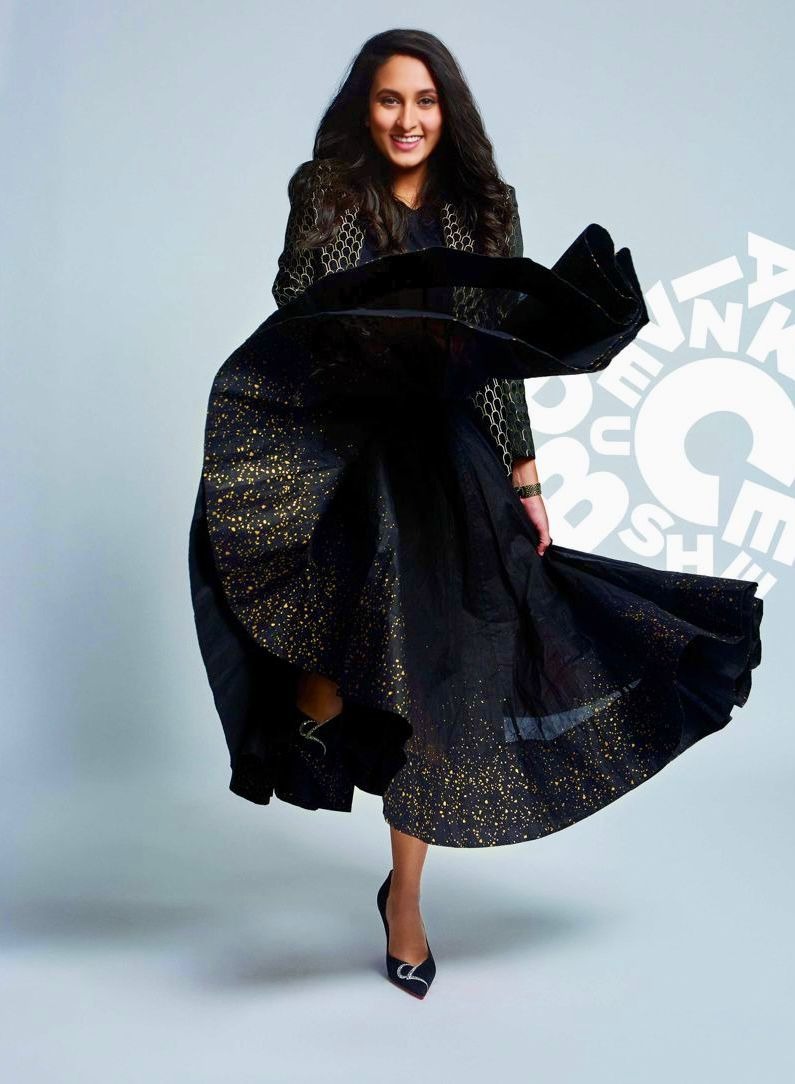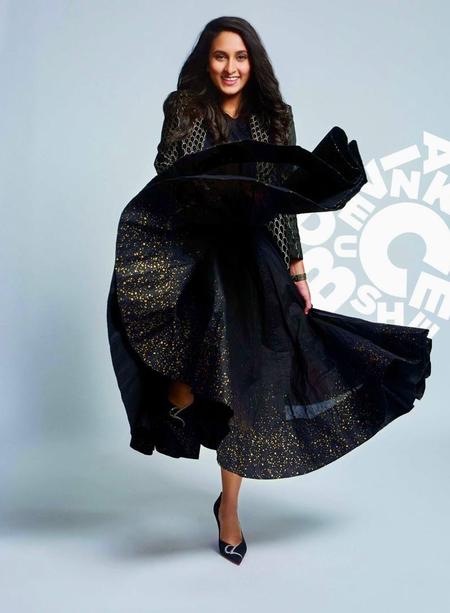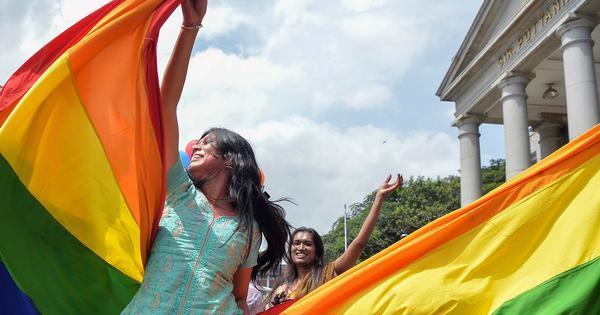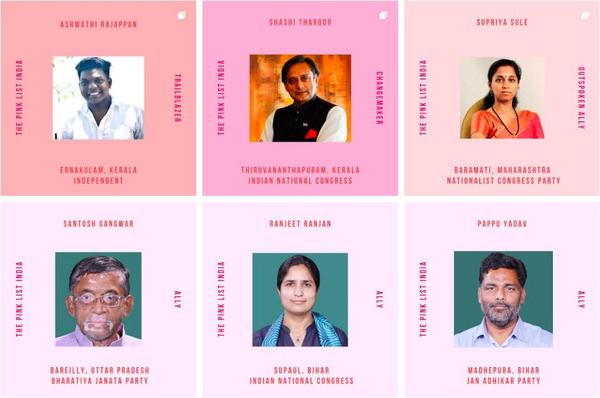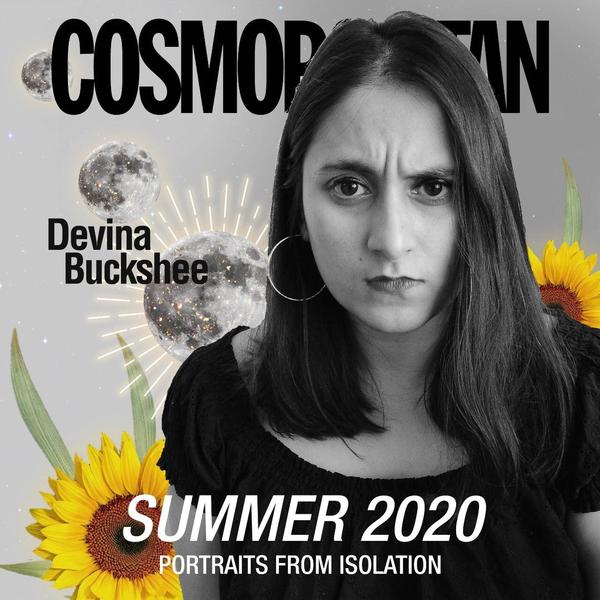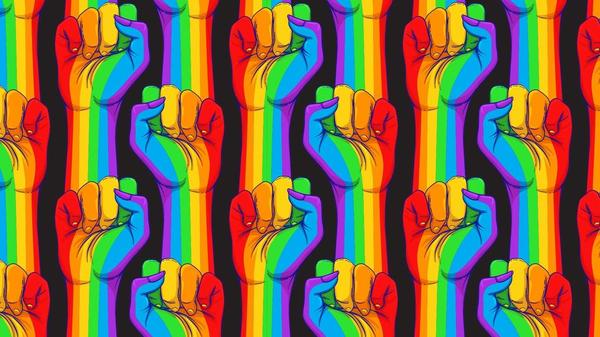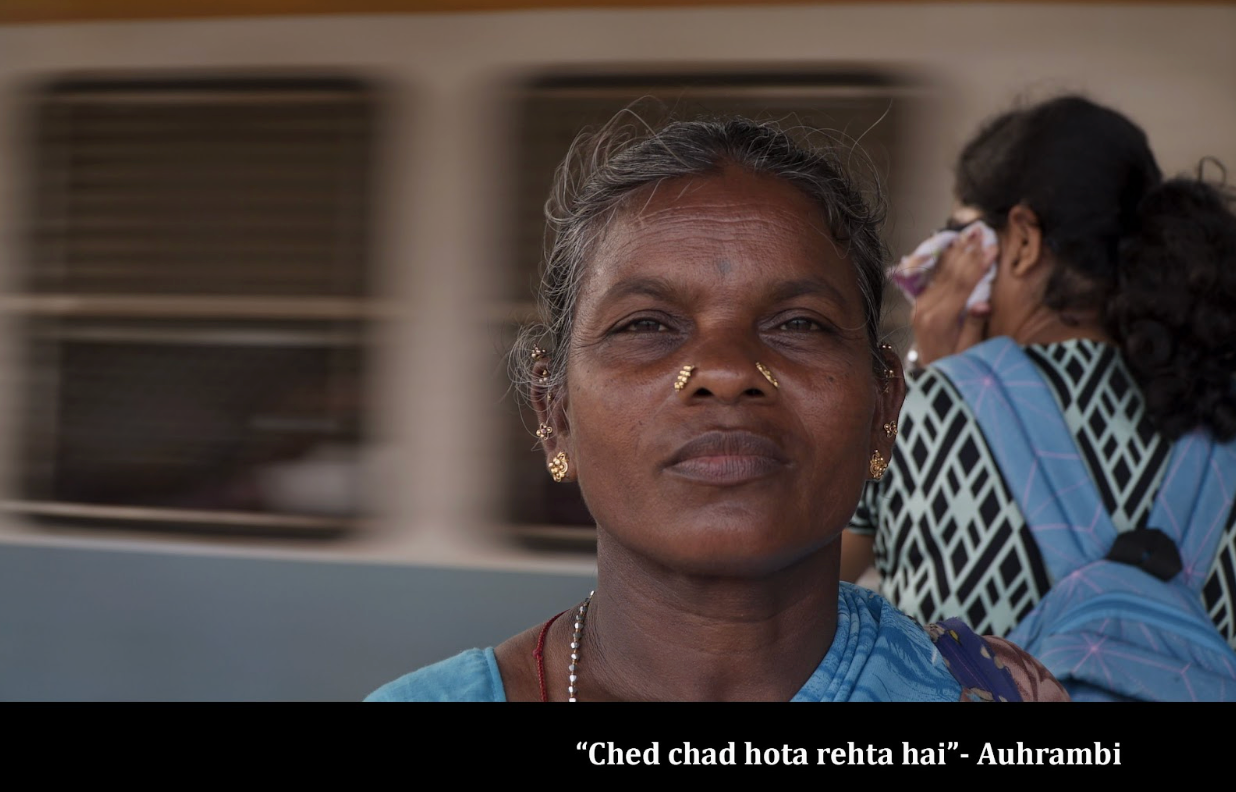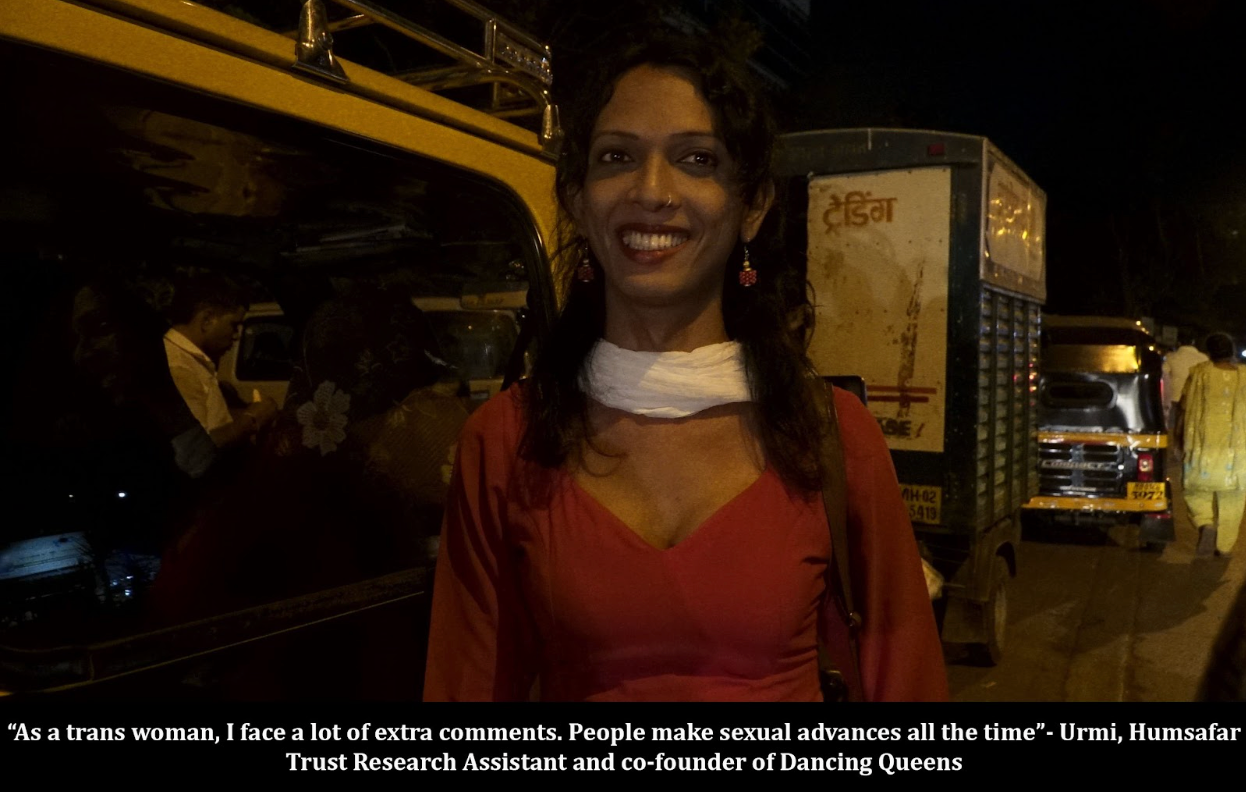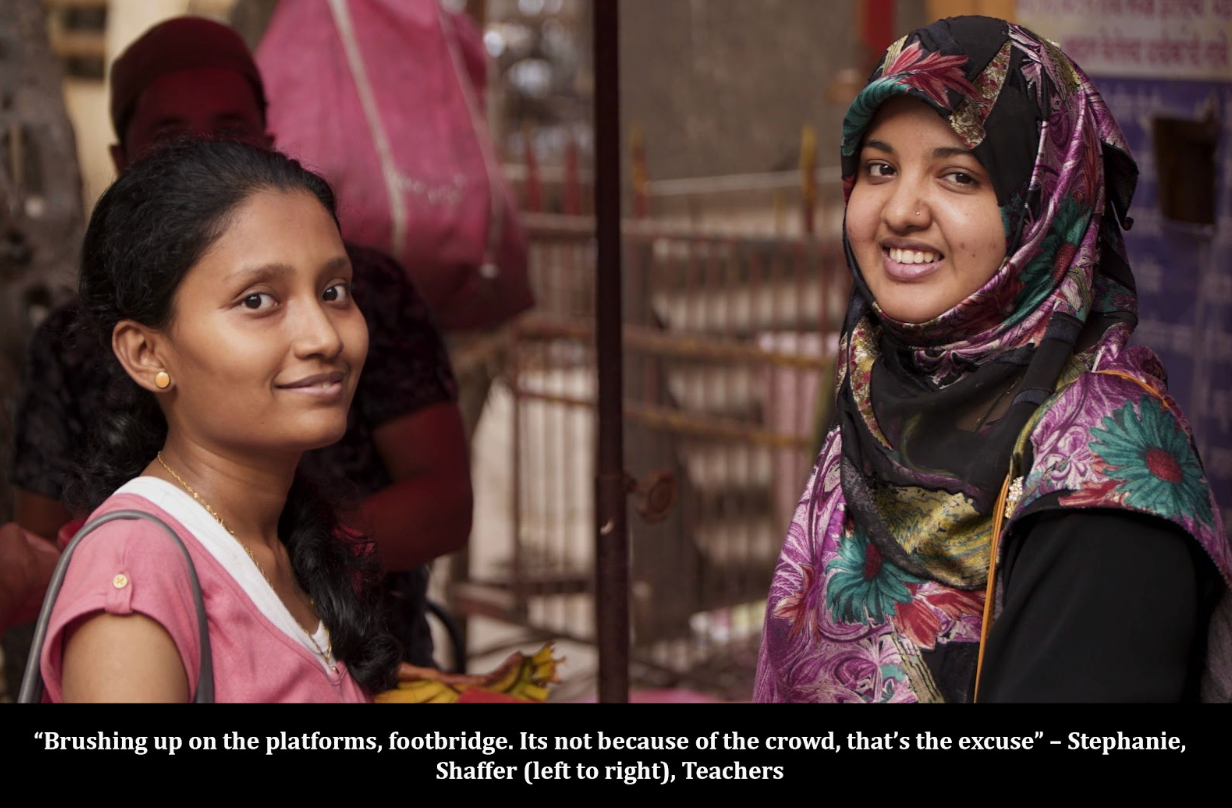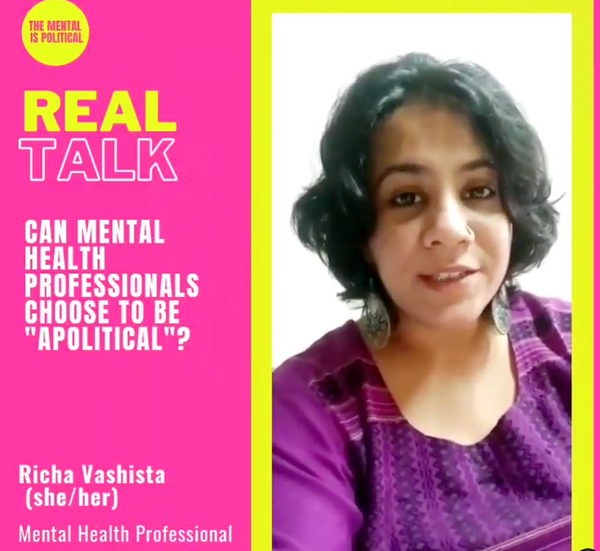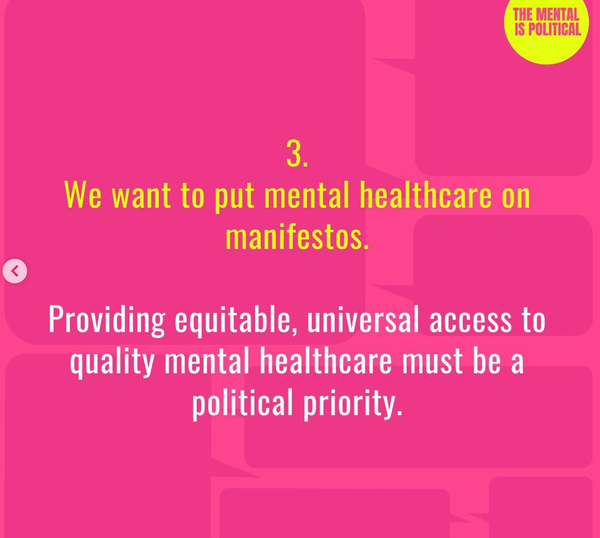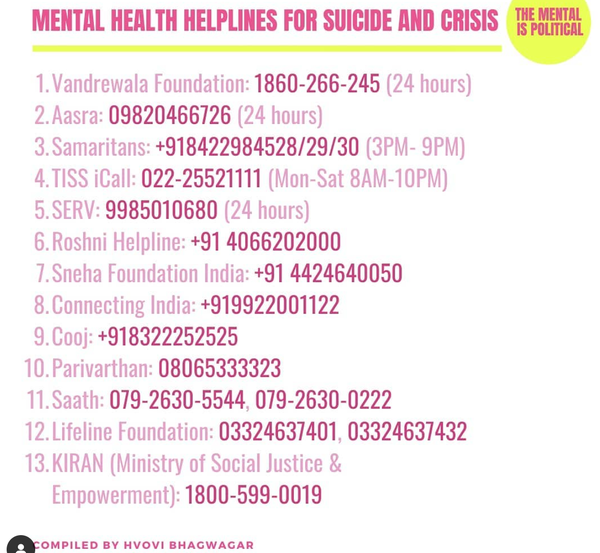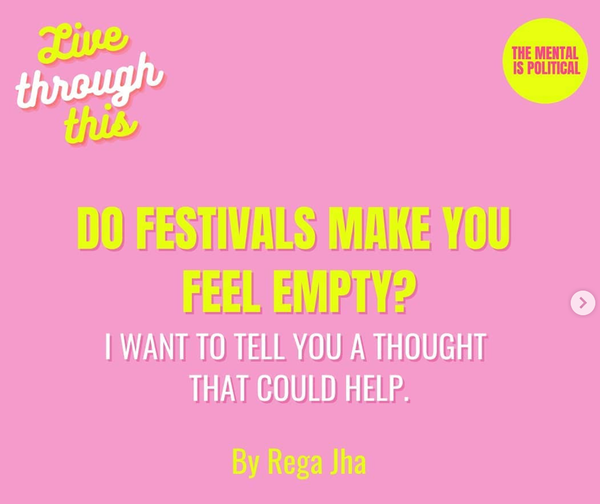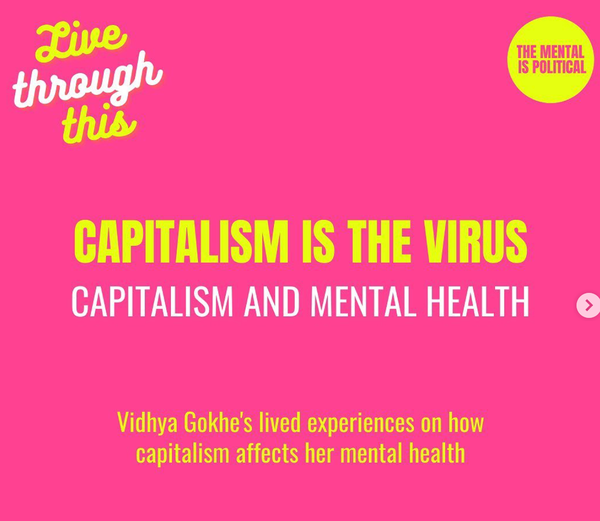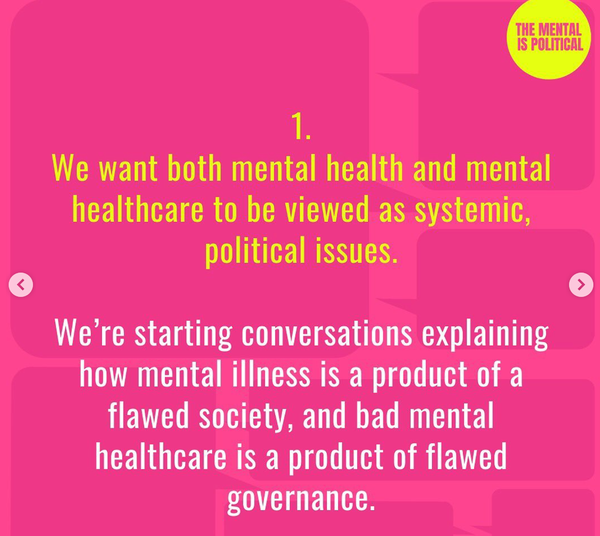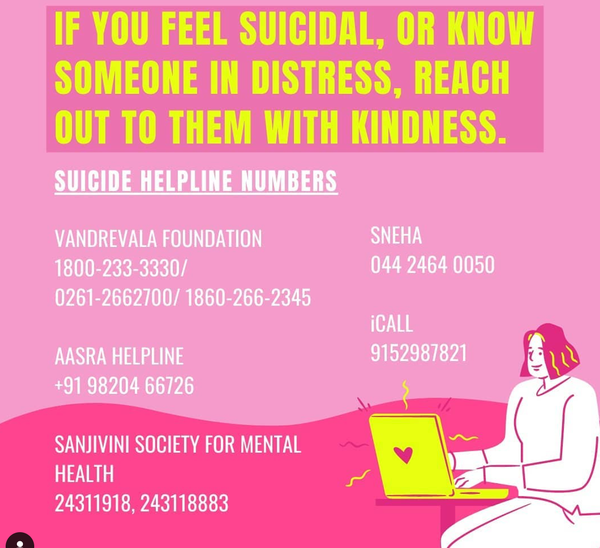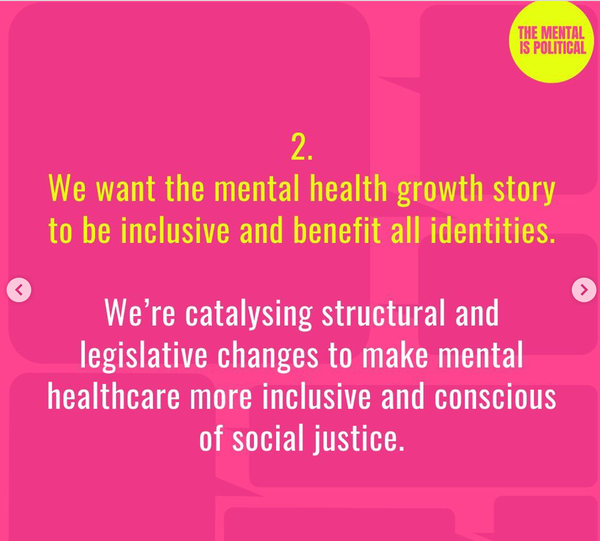On July 31, 2023, students, professors, and New Haven residents gathered at Henry R Luce Hall to celebrate diverse storytelling voices and listen to the stories of a group that’s often spoken about but rarely heard from themselves: refugee girls and women.
The event, a photo-voice exhibition and storytelling session was hosted by Project ReClaim with the support of Yale’s Program on Refugees, Forced Displacement, and Humanitarian Responses. Featuring original work by 3 teenage refugee girls who are now Connecticut residents and photography from 6 refugee girls and women from Afghanistan, Syria, Sudan, Iraq, and Iran, the event aimed to showcase the diversity of refugee voices and empower women refugees with the tools to reclaim their stories.
Too often has the broad construct of ‘The Refugee’ been demonized and stigmatized in public discourse. Worst of all, these narratives always exclude the voice of one key stakeholder: the refugee themselves. Hidden behind the already invisibilized are the refugee women who are underrepresented in all spheres of life and largely absent as an independent voice from the media. Thus was born Project ReClaim, a storytelling and advocacy program by Yale MPH graduate Devina Buckshee with support from IRIS, which aims to put the pen in their hands and make the women the teller of their own stories. Through a 4-month course, we worked with refugee teenage girls and women to help them find their voice, and craft stories ranging from fiction to non-fiction, poetry, and oral testimony.
The event featured photography from 13-year-old Malak who came from Iraq to the US at age six, 15-year-old Tasneem Musa, who came from Syria and Jordan to the US when she was eight, 18-year-old Hashima Moradi who came from Afghanistan, post the Taliban takeover to the US in 2019. It also featured the works of Malak's mother, Hashima's older sister Zohra Mohadi, and 15-year-old ESUMS high school student Lameese Dagoum from Sudan, who were all tasked with photographing scenes based on the words ‘belonging’, ‘opportunity’ and ‘happiness’. The idea was to flip the script, and make the women who are often merely the subject of other’s lenses take back the means of control and share their world through their eyes.
For the performance, Malak, Tasneem, and Hashima read out their work - a glimpse of the writings we worked on this semester, which ranged from stories about fleeing Afghanistan post the Taliban takeover to worries about moving to high school from middle school. They each chose what they wanted to read, Malak read a poem about missing her father and a story about high school - it was sarcastic and sardonic and so universal as a commentary on teenage angst. Tasneem had a great, confident presentation style and read a short story about moving to the US, learning a new language and persevering. Hashima read two pieces - one titled 'Happiness' and one 'Goodbye'. Her stories detailed the chaos of the Taliban takeover, the chaos of fleeing to the US overnight, the trauma of seeing her parents break down and leaving her friends and family and home in an instant.

